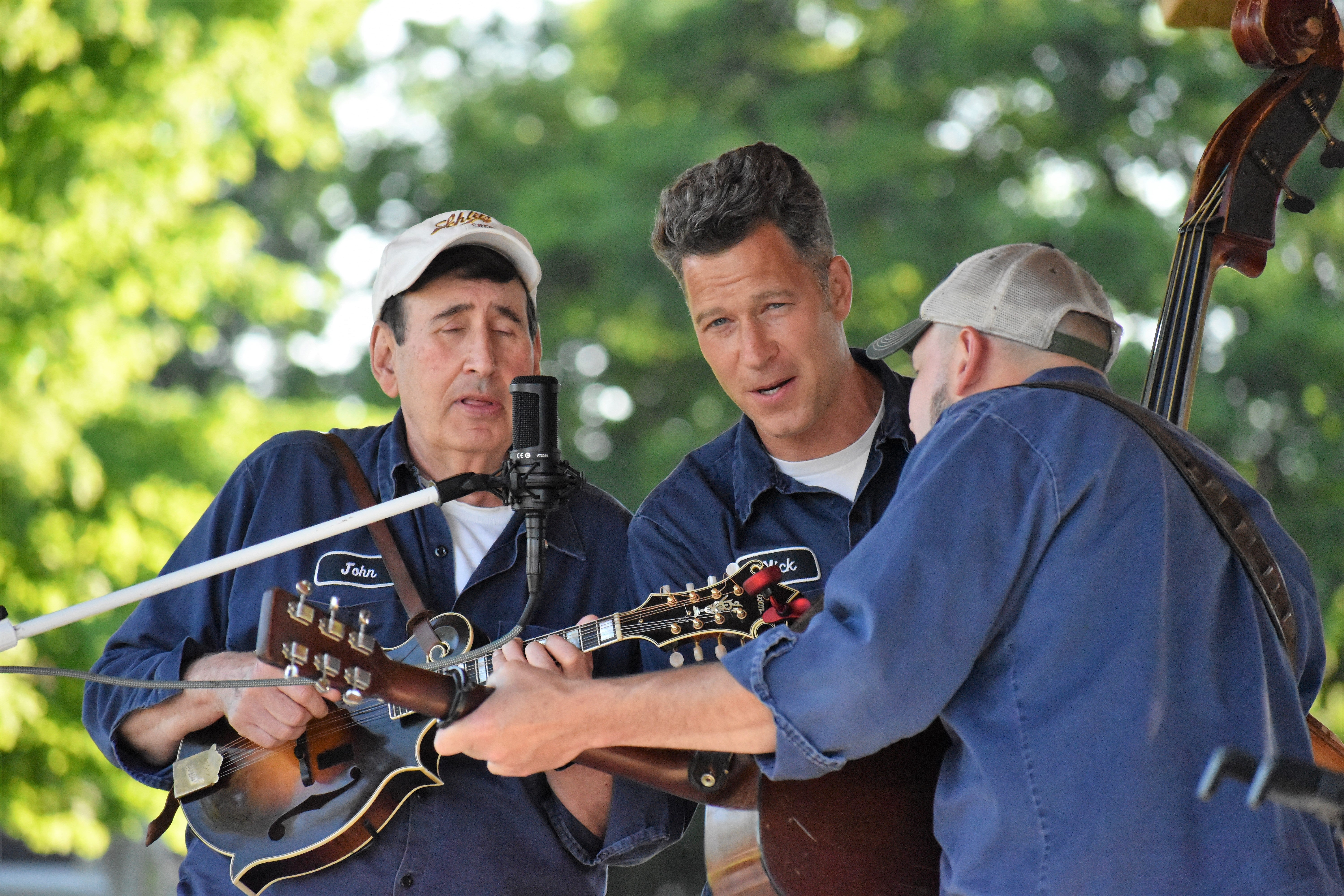Fighting for rights: Matt Wesaw takes on new battle
Published 11:26 am Friday, February 28, 2014
Six months into the job, Matt Wesaw has found a new cause to fight for in his current position at the head of the Michigan Department of Civil Rights: The rights of the state’s deaf and hard of hearing.
“They are the most underserved portion of the state’s population,” Wesaw said. “They are totally, totally dependent on the quality of their interpreter.”
For Wesaw, speaking up for rights of others is an old hat.
The former chairman of the Pokagon Band of Potawatomi, Wesaw served as the head of the tribe since 2009 before stepping down the position in October. During that time, he oversaw a period of tremendous growth for the Pokagon Band, including the opening of two new casinos in Hartford and Dowagiac and the start of the tribe’s housing initiative.
For Wesaw, though, his biggest accomplishment was simply getting the 10 other members of the council to get along. When he first took over leadership, council meetings were mired in unproductive arguments, often over simple matters, he said.
“One of the things I’m most proud of is getting the council to move together as a group,” Wesaw said. “We may not always have agreed, but once we made a decision we worked together to make it happen.”
Wesaw was honored for his work with the tribe in 2012, receiving the Tribal Leader of the Year Award from the Native American Financial Officers Assocation.
For the Bangor native, resolving conflict among people with vastly different interests has been part of his job description for years. Wesaw served as a Michigan State Police officer from the time he was 21 years old, serving for more than 25 years before retiring as a detective sergeant.
His tenure as a state trooper seasoned him for the trials that awaited him in the later portion of professional life, providing him with crucial people skills and the ability to act under pressure, he said.
“It has allowed me to make good decisions based on facts rather than on emotion,” Wesaw said. “That has been a critical asset with the state police and the tribe.”
This detached style of leadership has allowed him to navigate through complicated situations, even when the ultimate outcome displeased certain people.
“You have a responsibility to make sure people understand why you made your decision,” Wesaw said. “They may not like what they hear, but you owe them the explanation.”
Contrary the methodical nature of his decision making, Wesaw said he has always made public service a priority, even as child.
“My parents raised me and my siblings to serve people,” he said. “We were always helping people. My mother would always cook more food than we needed, which we gave to people in need.”
It’s this passion for the less fortunate that initially guided him to the state civil rights department. He had served on the Michigan Civil Rights Commission for eight years before taking over as director.
“[This job] was a different challenge for me,” Wesaw said. “I knew I could leave the tribe while it was in good condition. It was a good time for me to step away.”
As director of the civil rights department, Wesaw is directly responsible for the agency’s 100 employees across three different locations in the state. The office handles a variety of tasks related to conditions for minorities and underserved populations in the state, investigating possible rights violations and providing training to employers and community organizations.
“It gives me the chance to things I’ve never done before,” Wesaw said. “I’m working with cultures now that I’ve never worked with before, and probably never would have with the tribe.”
His office’s current focus is on implanting new guidelines related to the quality of interpreters for the deaf. The issue has received a global attention in recent months in the wake of the controversy surrounding the poor sign language demonstrated by an interpreter at the funeral of Nelson Mandela in December.
While this is the most recent high profile example of this problem, Wesaw said that a lack of rigid interpreter qualifications in Michigan can have fatal consequences, especially in regards to health issues.
“I think if the public really understood the risk that the deaf community is in because of lack of qualifications, they wouldn’t believe it,” Wesaw said. “I know I didn’t at first.”
The department is also heavily involved with anti-bullying efforts, with representatives speaking about the dangers posed by harassment at schools across the state, Wesaw said.
“We can investigate complaints, but when we get the opportunity to improve the lives of everyone in the state, it’s really great,” he said.
Despite the responsibility of his position, Wesaw remains connected to the affairs of the Pokagon Band.
In regards to his replacement as chairman, John Warren, Wesaw had nothing but positive things to say.
“I think he will do a fine job, he has a lot experience sitting on the council,” Wesaw said. “John has a very solid understanding of the traditional ways of the culture, even more than I had.”






